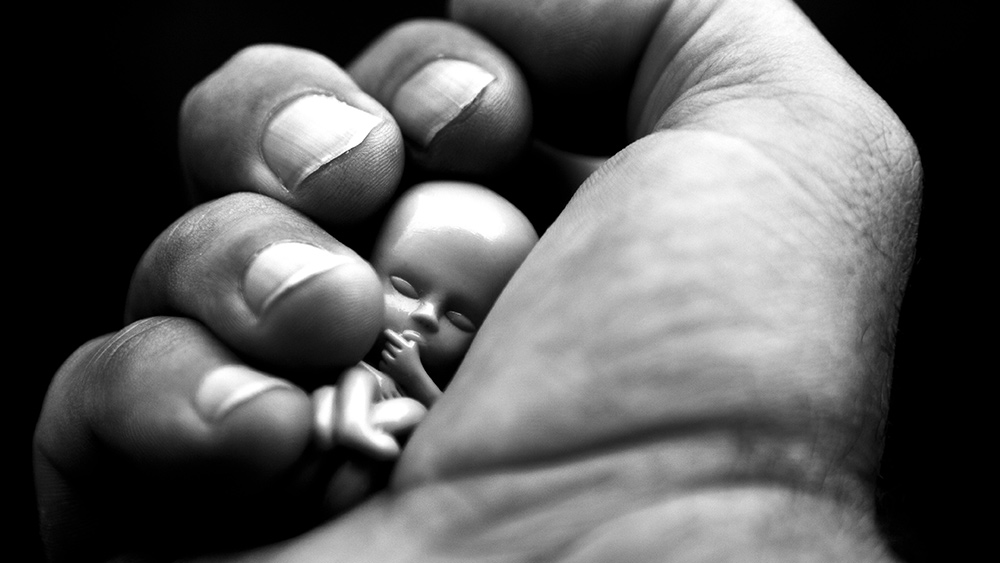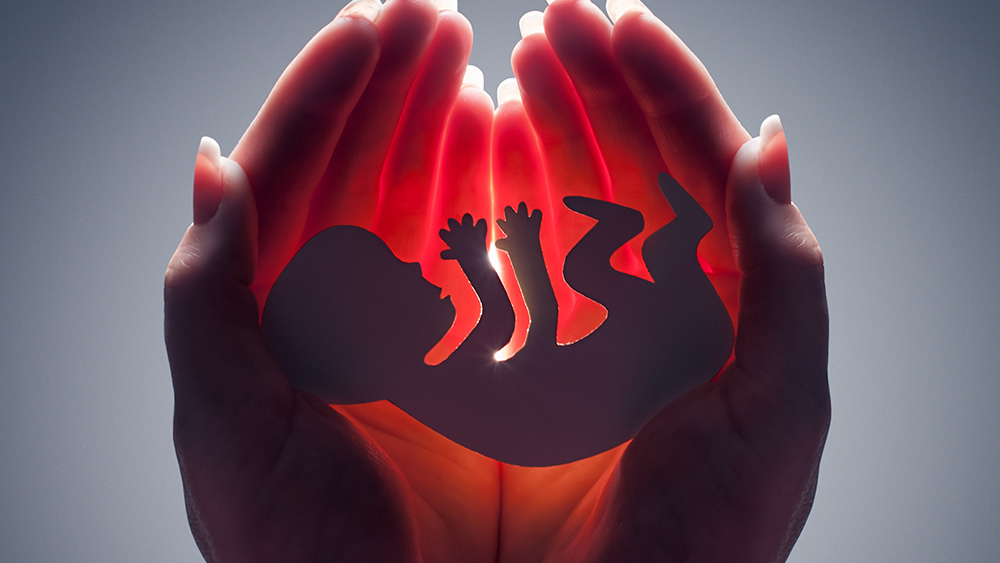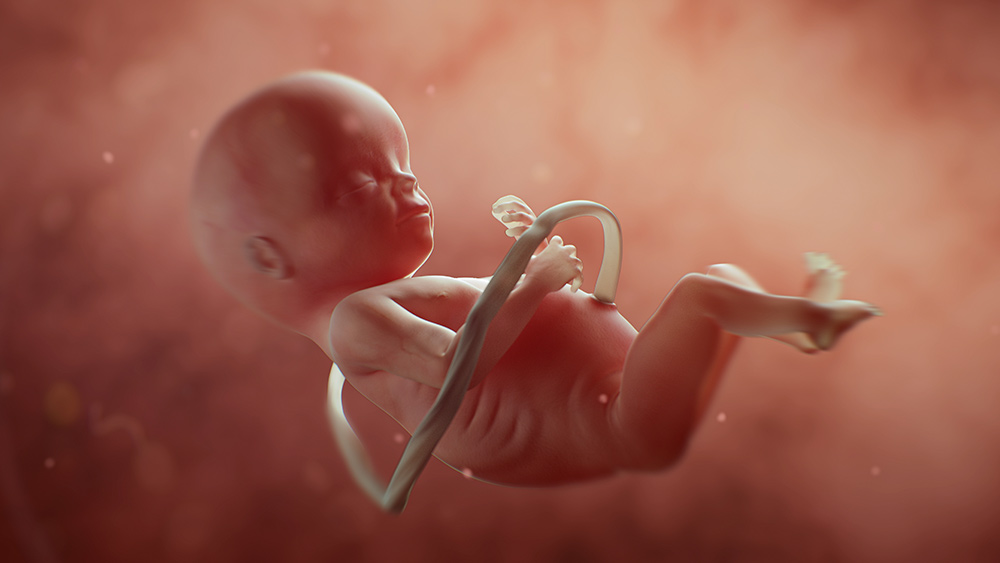
The German parliament passed a law banning six-day-old chick embryos from being killed because they are "sensitive to pain." The law passed by the Bundestag also prohibited the selective killing of chicks based on their gender. However, Germany has continued to allow the killing of human babies while still in the womb.
Julia Klockner, the German minister for food, agriculture and consumer protection, introduced the bill prohibiting the killing of male chicks last year. According to Klockner, she did not consider the practice of chick culling to be "ethically acceptable." A number of critics also shared the minister's sentiments over the traditional chick farming method – long slammed as unethical. Klockner said that Germany becomes a pioneer worldwide with its approval of the anti-chick culling law.
The Bundestag's June 17 announcement said the slaughter of male chicks will be forbidden in Germany from the beginning of 2022. Germany's parliament added in its announcement that chick embryos are "sensitive to pain from the seventh day." Thus, farmers in the country will now be required to use technology to determine the sex of the chicks before they hatch.
Furthermore, farmers will also be required to determine the sex of the chick embryo at an even earlier age starting in 2024. This will enable them to eliminate male chicks while they are still in a less developed stage and do not feel any pain yet.
The new law would impact 45 million male chicks being killed yearly in poultry farms. Male chicks are typically eliminated shortly after hatching as they cannot lay eggs and are unsuitable for meat production. The German parliament said it wants to give the farming industry time to adapt to the new legal situation.
Back in 2019, the German Federal Administrative Court ruled that animal welfare concerns outweigh the economic interests of farms wanting to cull male chicks. The court declared the practice permissible only for a transitional period.
Germany continues to kill babies in the womb that are also sensitive to pain
The German Animal Welfare Association lauded the Bundestag's new measure. But it remarked that the two-stage plan will not actually ban the killing of pain-sensitive chick embryos until 2024. Meanwhile, David Engels of the Free University of Brussels wrote in a sarcastic tweet: "When the chicken embryo enjoys more [protection of life] than the human embryo, you know you've arrived at the best Europe ever." (Related: Here's what happens when you get an abortion.)
Abortion for any reason up to 12 weeks after conception – when the mother is at the end of her first trimester – is legal in Germany. But evidence shows that unborn babies can feel sensations starting at 12 weeks. Thus, babies aborted at this time experience excruciating pain as they are ripped from their mothers' wombs. (Related: Pro-abortion feminist ADMITS abortion ends a human life, but says it's justifiable.)
Back in 2019, the Bundestag revised the country's existing law that banned the advertisement of abortions. In a 371 to 277 vote, the German parliament approved a revision to the country's abortion law dubbed as Paragraph 219a. The change now permitted doctors and hospitals to state on their website that they provide abortions. However, it still prohibited them from mentioning the methods they use.
A February 2019 DW report said that women who wish to undergo abortion can search for a list of providers compiled by the Federal Center for Health Education (BZgA). The BZgA list has complete information about these providers alongside the methods they use. Many Catholic-run hospitals in Germany do not offer abortions, the report added.
Different parties in the Bundestag had called to eschew Paragraph 219a altogether. These included the Social Democrats (SPD), Free Democrats, the Green Party and Left Party. However, German Chancellor Angela Merkel's Christian Democratic Union refused to do so. European Parliament Member Katarina Barley of the SPD nevertheless called the February 2019 decision on Paragraph 219a as "a good compromise."
Visit Infanticide.news to read more stories about abortion in Germany and other countries.
Sources include:
Please contact us for more information.





















